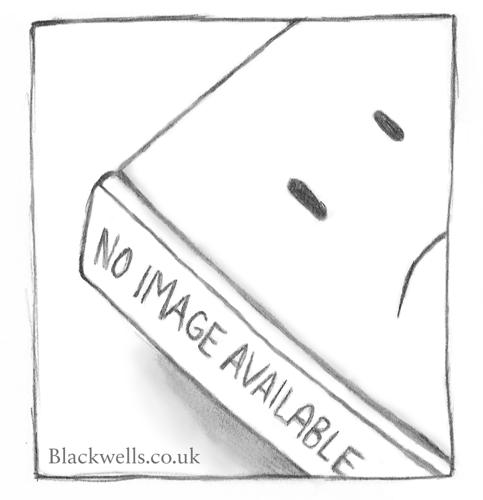Publisher's Synopsis
Excerpt from Fitzgerald Selected Works
Edward Purcell was born near Ipswich on 31 March 1809. He was the son ofjohn Purcell and Mary Purcell (ne'e fitzgerald): a woman of strong character, celebrated beauty, and (on her father's death, when the family took his name) of exceptional wealth. He was educated at the Grammar School at Bury St Edmunds, where he was more addicted to friendships than to work, and at Trinity College, Cambridge, where he took a pass degree and formed other devoted friendships (one of them with Thackeray). After a brief interlude in France, fitzgerald settled down to become, as he expressed it, a great bear. He made his home at Boulge Cottage, a somewhat ramshackle cottage at the gates of Boulge Hall, the family's Suffolk estate; and there, with a parrot, Beauty Bob, a cat, a retriever, and a housekeeper, Mrs F aiers, he began to lead an existence which seemed like a pirated copy of the peace of God. Occasionally he made trips to London, Stayed in bachelor lodgings, and enjoyed theatres, art exhibitions, and the company of his bachelor friends. Some times he made excursions to places of interest, or stayed with close acquaintances in various parts of the country. But for the most part he stayed in Suffolk, observing Nature with the love of Keats, or White of Selborne; taking a little part in country life, and reading voraciously. It was this self-imposed isolation, and his natural Irish sociability, that made him converse by letter with his friends. He wrote as he talked, whatever about ly; and that, after all, is the best way to write letters.
About the Publisher
Forgotten Books publishes hundreds of thousands of rare and classic books. Find more at www.forgottenbooks.com
This book is a reproduction of an important historical work. Forgotten Books uses state-of-the-art technology to digitally reconstruct the work, preserving the original format whilst repairing imperfections present in the aged copy. In rare cases, an imperfection in the original, such as a blemish or missing page, may be replicated in our edition. We do, however, repair the vast majority of imperfections successfully; any imperfections that remain are intentionally left to preserve the state of such historical works.
























